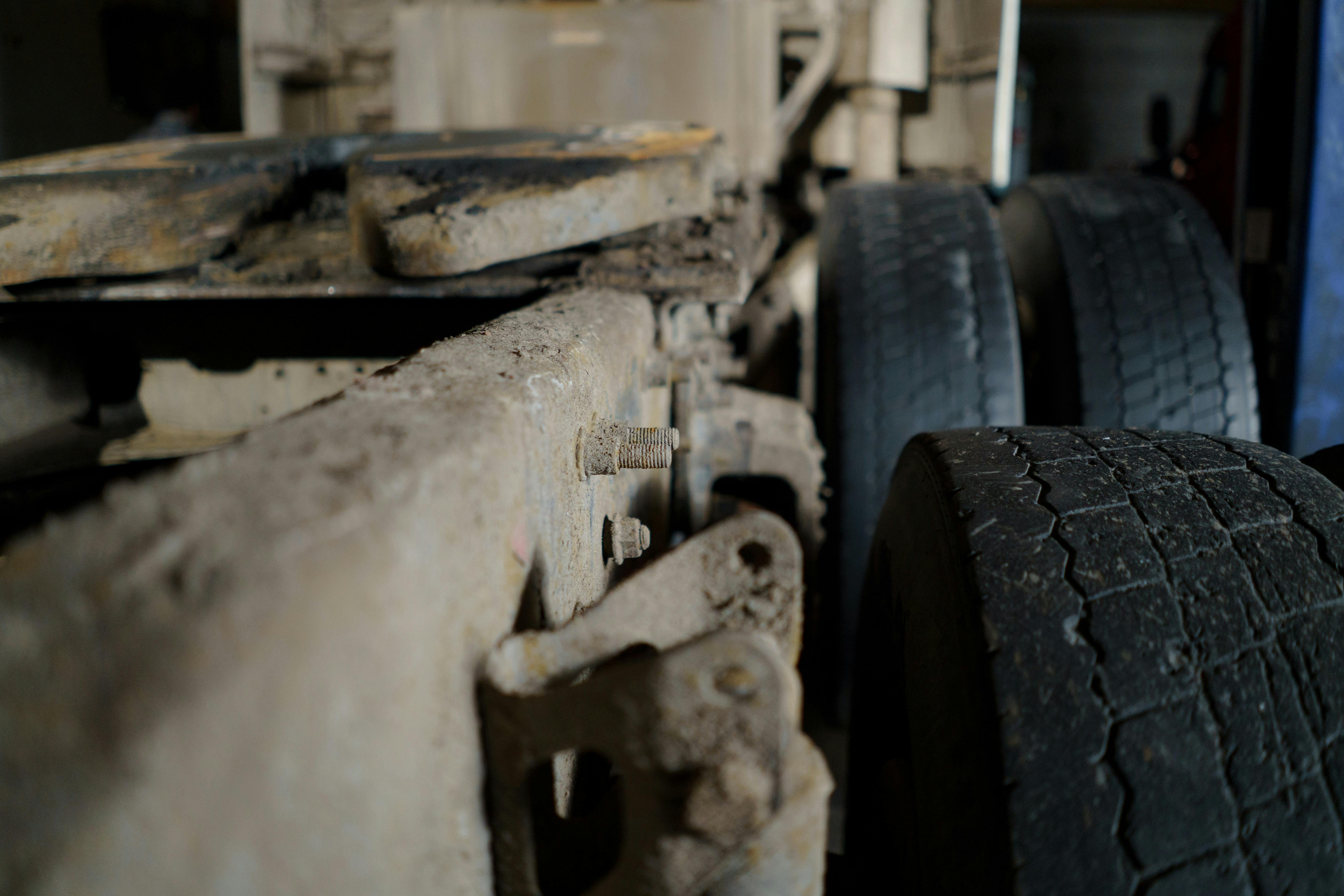The Aston Martin DBR1 – A Closer Look At This Sports Car Including Performance, Technical Data, Features, Rivals Comparison, History, Used Prices
from classic to modern
CAR
The racing rules for sports cars were changed in 1956 so that they no longer had to be road legal to qualify to enter the track.
This meant that Aston Martin (and others) had a free hand on future racers design, so work could begin on creating the DBR1.
Using the DB3S as the basis, a new lightweight space frame chassis was created, to which was added the suspension and disc brakes of the DB3S.
Designated the DBR1 / 1, it was powered by a new all-aluminum 2.5-liter inline six racing engine, based on the Lagonda 2.6-liter inline six used in the DB2.
The car made its debut at Le Mans in 1956, where it was forced to retire due to a gearbox failure.
However, after various changes, it came in second place in two events as part of the 1957 World Sports Car Championship.
THE MOTOR
Later, in 1957, the DBR1 / 1 and the identical DBR1 / 2 were fitted with an updated 3-liter version of the 2.9-liter engine from the DB3S, developing 255 hp at 6250 rpm and capable of 165 mph. .
Coming in at 9.3: 1, it was outfitted with three Weber dual-choke carburettors, an aluminum block and headstock, Girling disc brakes throughout, and a five-speed David Brown manual gearbox.
Using magnesium body panels on a chrome-moly multi-tube chassis, the car weighed just 800kg.
TRACK
1957
In 1957, both the DBR1 / 1 and DBR1 / 2 were victorious in the Spa Three Hour race and the Nurburgring 1000km race, but the two failed to finish at Le Mans that year.
A notable weakness of the DBR1 was its own DB gearbox, which was known to be extremely fragile.
Later, in 1959, Stirling Moss was impressed by driving a DBR1, in practice, equipped with a Maserati five-speed unit, which overcame the problem of brittleness.
1958
In 1958, to counter competition equipped with more powerful engines during speed events, Aston Martin developed the DBR2 sports car, which was powered by a newly designed 3.7-liter inline six-cylinder unit from the Aston Martin DB4, and was used in non-championship events. Races
With the addition of the DBR1 / 3 variant, this car won the 1958 Nurburgring 1000km race at the hands of Stirling Moss.
However, once again, all three DBR1s failed to finish at Le Mans that year.
In the Tourist Trophy race in late 1957, all three DBR1s finished first, second, and third, allowing Aston Martin to finish second in the Constructors’ Championship, behind Ferrari.
1959
In 1959, DBR1 / 4 and DBR1 / 5 were completed, and one of the DBR1s, driven by Stirling Moss, again won the 1000km Nurburgring race.
Ultimately, the DBR1’s zenith was when the DBR1 / 2, driven by Carroll Shelby and Roy Salvadori, won the 1959 Le Mans 24-hour race, with the DBR1 / 4 taking second place.
Later that year, DBR1 / 2 won the Tourist Trophy, with DBR1 / 4 taking fourth place, which was enough for Aston Martin to pass Ferrari and win the 1959 World Constructors Championship.
This was the only time Aston Martin won this accolade.
By the end of 1959, when production of the DBR1 ended, only five of these cars had been built, designated as DBR1 / 1-5.
COMPETENCE
The main competitors of the Aston Martin DBR1 were the following: Jaguar D-Type, Maserati 450S, Ferrari 250 LM and Alfa Romeo Type 33 Stradale.
SPORTS CARS FOR SALE
The current estimated value of a DBR1 / 1 is £ 100,000.
This concludes my Aston Martin DBR1 sports car review.
